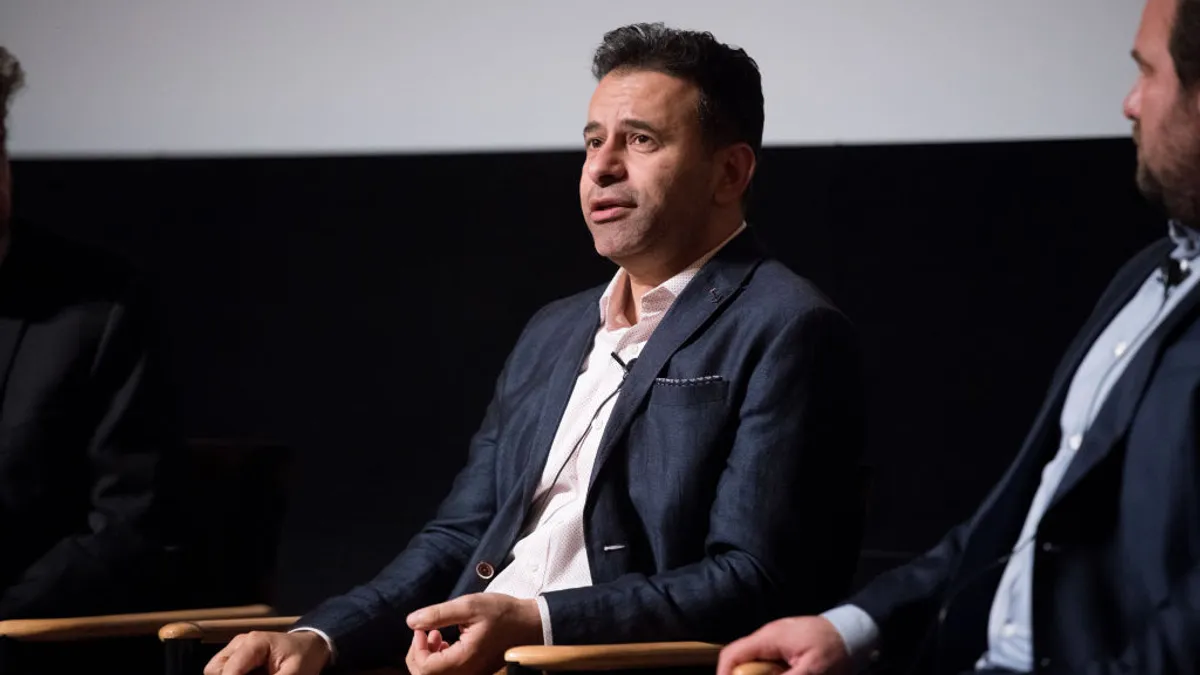 A high clinical research associate (CRA) turnover rate — exceeding 25% annually — coupled with an often checklist-driven monitoring style can lead to a toxic environment for site staff.
A high clinical research associate (CRA) turnover rate — exceeding 25% annually — coupled with an often checklist-driven monitoring style can lead to a toxic environment for site staff.
This impersonal atmosphere can lead to a negative feedback loop, in which CRAs become disengaged with the job and cause frustrated investigators to de-prioritize a trial. Under such circumstances, there’s a good chance for protocol violations and the right questions to not be asked early enough. When that happens, serious mistakes will inevitably arise and risks to patients, timelines, budgets, and a trial’s integrity will multiply.
CRA Engagement and Turnover
For many contract research organizations (CROs), this is quickly becoming a serious issue. Low employee engagement can be costly, with more money and time being spent on training new CRAs. What’s more, the issues that arise from the high turnover rate are further amplified in complex trials, such as for rare and orphan indications, in which there is little to no margin for errors to jeopardize a patient’s participation in the trial.
Tackling this problem requires a change in mentality. CRAs are the bedrock of clinical trials. They should be empowered, not commoditized. Empowered CRAs take ownership of a trial’s success, build valuable clinician relationships, and think creatively to proactively resolve issues. Empowered CRAs also don’t job hop — leading to sub 5% turnover rates that supports continuity in clinician relationships for the duration of long trials.
Empowerment Can Transform Trials
Let’s examine what empowerment looks like and how it can transform the success of clinical development.
In one example, an inquisitive CRA monitoring a trial for the antidepressant Wellbutrin overhead a curious comment from an investigator: some patients were reporting less interest in smoking cigarettes. The CRA followed up on this observation, which eventually lead to the development of the smoking cessation drug Zyban.
Giving CRAs the freedom to set their own schedule and invest time into sites as they see fit can set up trials for uncommon successes. This allows CRAs to recruit novice investigators, who may provide access to critical patients for rare indications. In fact, this played a pivotal role in the success of a trial for neurogenic orthostatic hypotension (nOH), a rare disease that causes patients to often lose consciousness upon standing. A CRA in this study chose to invest extra time to help a principal investigator, who was new to clinical research, learn the ropes of conducting a trial. The CRA’s commitment to that investigator left a lasting impression, not just on the recruitment rate for that nOH trial, but on the investigator himself, who later asked to participate in several subsequent studies for rare movement disorders due to his positive experience.
At the same time, CRA empowerment also encourages creative thinking and problem solving, especially when it comes to doing what’s optimal for the trial. By thinking outside of the box, a CRA on the aforementioned nOH trial accelerated enrollment by realizing that undiagnosed patients were moving around in various specialty clinics where one would not think to look — such as neurology centers — because physicians couldn’t fit their symptoms into a defined disease. By targeting these specialty clinics, the CRAs were able to quickly meet enrollment deadlines within five months.
For the same trial, at another site, a CRA learned that a study coordinator wasn’t measuring blood pressure readings for patients with extreme hypotension, leading to issues screening patients for the trial. Instead of asking the coordinator to retrain on this basic skill, the CRA discussed the issue with the coordinator in a supportive manner, leading to a discovery that the stethoscope available to the coordinator was itself the problem. The CRA then chose to purchase a stethoscope with the proper sensitivity for the coordinator, fostering a spirit of collaboration and ensuring that no patient for this rare indication was lost to the trial. This innovative thinking allowed the site to find more patients who met the inclusion/exclusion criteria.
The Power of CRAs
CRA empowerment can positively impact clinical development, from uncovering new indications to meeting challenging enrollment goals. If a CRA-centric approach can improve quality in rare disease clinical trials, then just think about what it can do for non-rare disease trials?
CROs have a unique opportunity to listen to their CRAs to gain invaluable insights, rather than to treat them as passive customer support representatives. Moreover, they have the power to encourage CRAs to be true leaders, and to encourage them to cultivate strong relationships and meaningful communication at trial sites, which can break down barriers that have the potential to slow down
progress. (PV)
Atlantic Research Group is a rare disease-focused CRO that provides services ranging from clinical trial start-up and patient recruitment to pre-launch consulting and commercialization.
For more information, visit atlanticresearchgroup.com.











